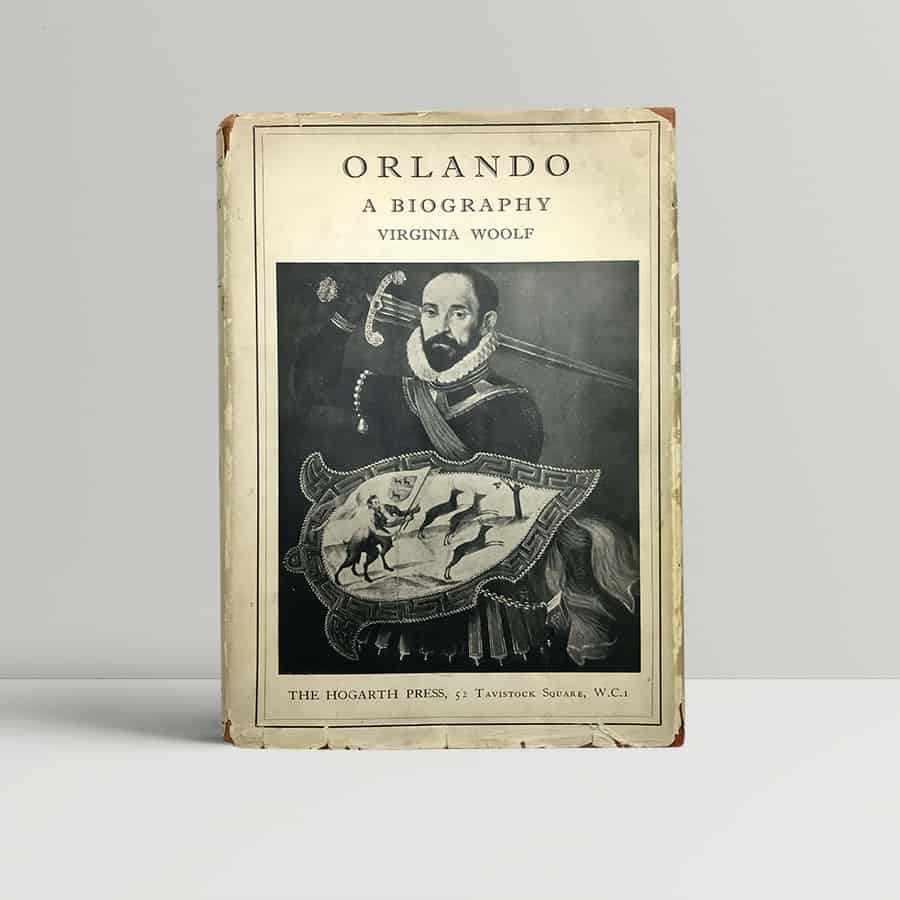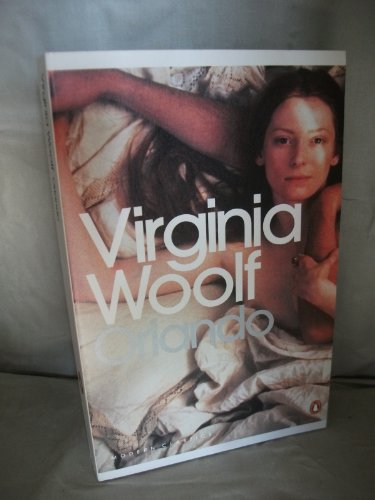
The narrator contends that “the true length of a person’s life is always a matter of some dispute. Individual moments have far more influence on Orlando than decades or even centuries, and as such, the novel often belabors a single minute but glosses over a hundred years. The narrator claims “the task of estimating the length of human life (of the animals’ we presume not to speak) is beyond our capacity.” Furthermore, “it would be no exaggeration to say” that Orlando can go “out after breakfast a man of thirty and come home to dinner a man of fifty-five at least.” Time, especially that of years, is incredibly subjective in Orlando.

“Time passes” specifically as Orlando perceives it, not based on the clock. Traditional biographies rely on a universal understanding of time, but the passing of time in Orlando is nearly imperceptible and would appear absent all together if not for the narrator’s mention of it. The narrator notes that Time (with a capital “T”) makes “animals and vegetables bloom and fade with amazing punctuality,” but it “has no such simple effect upon the mind.” An hour, the narrator says, “may be stretched to fifty or a hundred times its clock length” or, “an hour may be accurately represented on the timepiece of the mind by one second.” The perception of time, then, is decidedly individual and circumstantial, not universal. Woolf repeatedly draws attention to time’s subjectivity in Orlando, which, she asserts, makes the biographer’s job difficult. A biography should, instead, capture the overall essence of its subject rather than attempt to make a strict account of specific events. Thus, with the surreal biography, Orlando, narrated by a fictional biographer, Woolf at once argues the unreliability of memory, while claiming simultaneously that time and truth are ultimately subjective. Furthermore, Woolf suggests that collecting and recording facts, such as is done in the writing of biographies, is difficult because to do so relies (at least in part) on another person’s memories, which are highly fragmented and specific to each individual. Woolf has an incredible connection to Orlando-personally, culturally, and artistically-which serves to underscore her opinion that remaining completely objective when writing a biography is impossible. Orlando is also a history of English literature, and it was written specifically with Woolf’s elite circle of friends (each of them writers and artists), known as the Bloomsbury Group, in mind.

The book’s subject, Orlando, is a fictional character based upon Woolf’s real-life friend and lover, Vita Sackville-West, and Orlando’s unbelievable life spans some 400 years. In Orlando, Virginia Woolf implies that biographies of the past have failed to effectively capture a subject because they rely too heavily on what is perceived as objective fact.


 0 kommentar(er)
0 kommentar(er)
